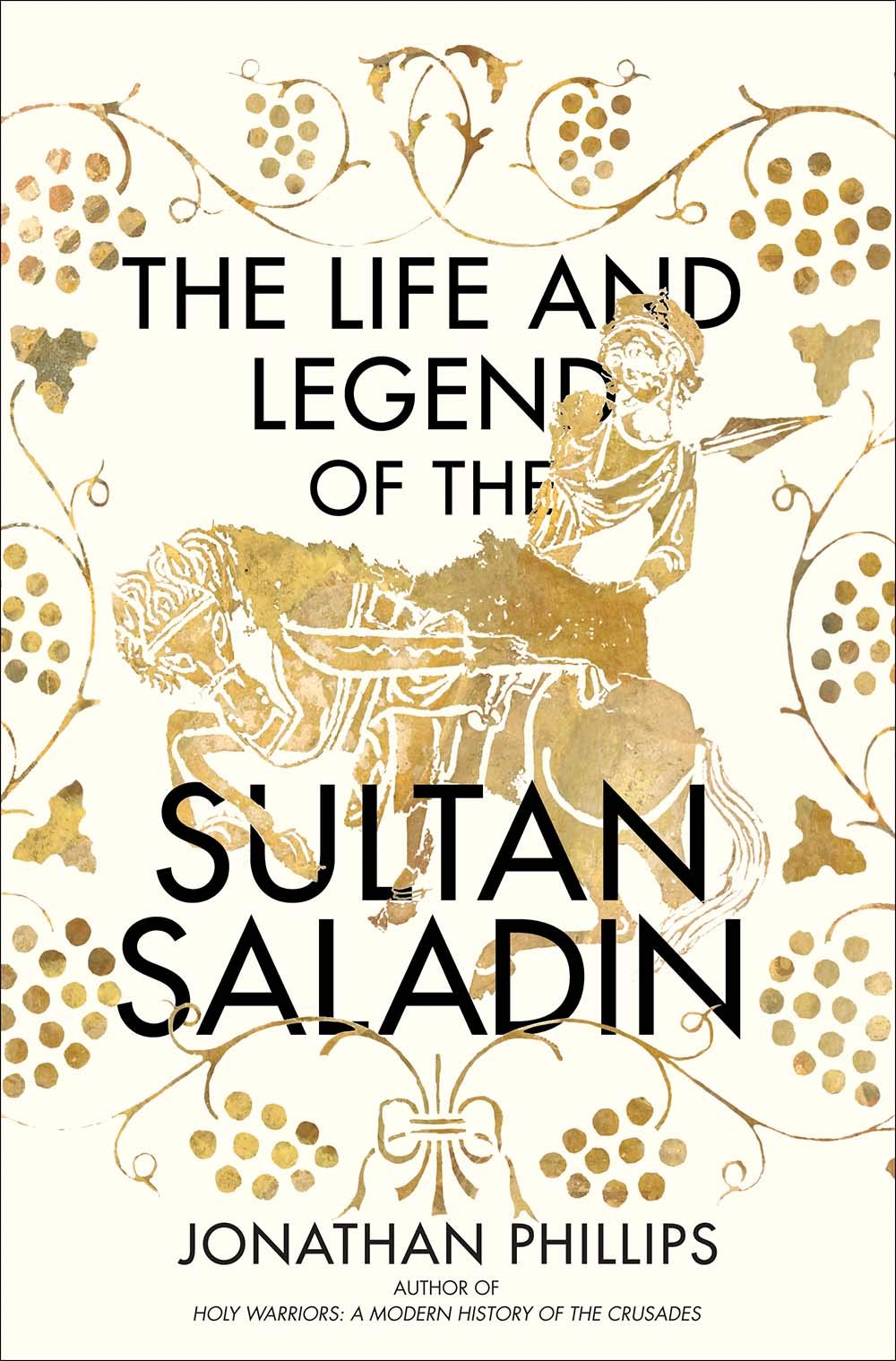
The Life and Legend of the Sultan Saladin
Tom Verde
Jonathan Phillips.
Yale UP, 2019.
“Saladin was a man of tireless energy who always acted the role of a vigorous leader in everything … a man inspired by the greatness of soul natural to him.”
—William of Tyre, 12th century CE
The 12th-century chronicler Abd al-Latif praised Kurdish-born Ayyubid Sultan Saladin as “a great king who inspired both respect and affection, far and near.” That wide-ranging territory famously included the realms of his rivals. “[A] pagan man, but a distinguished knight,” was how Gervase of Canterbury summarised the Christian West’s assessment of the sultan. This fresh look at Saladin is rich in detail yet broad in its treatment of the era he lived in. Phillips advises that the “most underestimated element of Saladin’s career are his early years in Egypt,” when he rose through the ranks as a defender of Islam against crusading armies. By examining a variety of sources, historical (period accounts) and contemporary (plays, novels, films), Phillips offers a more nuanced depiction of Saladin than previous studies, dealing frankly with the sultan’s romanticized reputation while revealing him to be a man just “as capable of mistakes, of self-interest and cruelty as anyone else” in his position.
